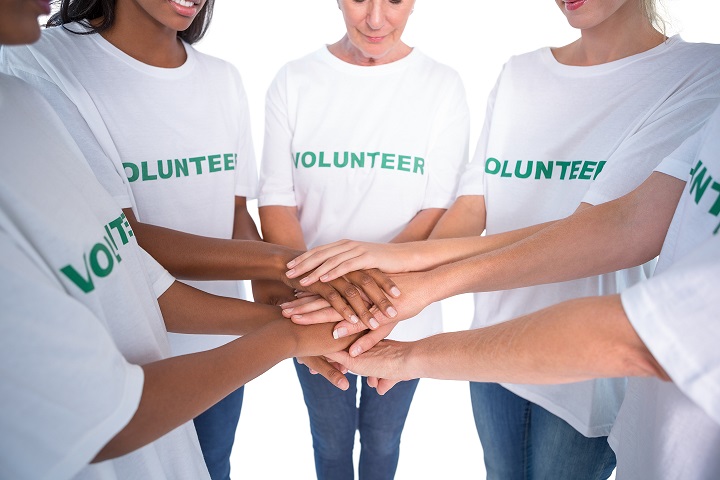Why should you communicate directly with your female donors?
We know that women live longer than men by an estimated five years. This means many women will be solely responsible for the future financial well-being of themselves and their family, including making decisions about the family’s final and often largest philanthropic gift.
It is typically the female’s estate plan that controls the ultimate disposition of wealth. While spouses should have plans that complement one another, women, who often survive their male spouses, are more likely to make the final decisions for the disposition of the couple’s assets. It is crucial that women take an active role in managing their finances and protecting their assets and have a clear plan for distributing those assets.
This reality highlights the importance of informing your female donors about their estate planning and philanthropic options while also ensuring that they are comfortable with the terminology and their own autonomy.
What should you communicate directly with your female donors?
An underlying necessity for the success of any fundraising program is that you must know your donors to better identify the type and timing of gifts, based on your donor’s individual needs and intentions.
Please note that the following characteristics are very general and have been observed and documented in multiple studies. However, each individual is different, and these generalizations should be used to guide broad marketing strategies. We believe in the importance of building relationships with donors and potential donors and identifying their own unique characteristics.
Gender matters in philanthropy; men and women engage in philanthropy differently. One approach is not better than the other. Broadly, men tend to be transactional, while women approach money and philanthropy in a much more nuanced fashion. Women tend to view their wealth as a means to pursue a life that expresses their deepest values, not as a measure of their success. They see money as a conduit of their intentions, and its value is in its purpose.
Some distinguishing elements of women’s philanthropy are a desire for measurable impact and a sense of community in their giving. In choosing where and how to give, women do what many underrepresented donors do—they research a cause or an organization in depth before giving. They are looking for measurable impact, to see how their gift will benefit and influence their communities. While it may seem counter to societal perceptions, in many ways, women are looking for more accountability in their philanthropy than their male counterparts.
A desire by women to find community in giving often presents itself in the pooling of philanthropic resources to achieve greater impact. Women embrace collaborative giving. It’s been found that in marriage, women socialize their husbands into giving. The same is true for children. A woman’s family often becomes her giving community. It has been said that philanthropy is like table manners—absorbed and learned at home.
Targeted communications to women require that you have a robust database that includes gender, marital status, giving history and wealth, at a minimum. The more and better data that you have on your donors, the more successful your communications will be. By adding demographic data to your donor files, you can segment and communicate more effectively, increasing your success in current and deferred gift planning efforts.
It’s important for nonprofits to understand that each woman has a different background, different passions and interests, may respond to different messaging and will support organizations that they connect with emotionally.
By Kristin Croone, Sharpe Group Senior Consultant

Consider beginning your strategy with personalized brochures targeted specifically for female donors: “An Estate Planning Quiz for Women” and “Every Woman Needs an Estate Plan.” Learn more at SHARPEnet.com/personalized-publications.
If you want to learn more about communicating with your female donors, email us at info@SHARPEnet.com or call 800.342.2375 to speak with one of our consultants.
Sharpe Group will continue to post helpful information for you here on our blog and on our social media sites. If this blog was shared with you and you wish to sign up, you can do so at www.SHARPEnet.com/blog.
We can be found on Facebook, Twitter and LinkedIn @sharpegroup.
We welcome questions you’d like us to address. Email us at info@SHARPEnet.com and we’ll share your question and our thoughts in this blog and on social media.


